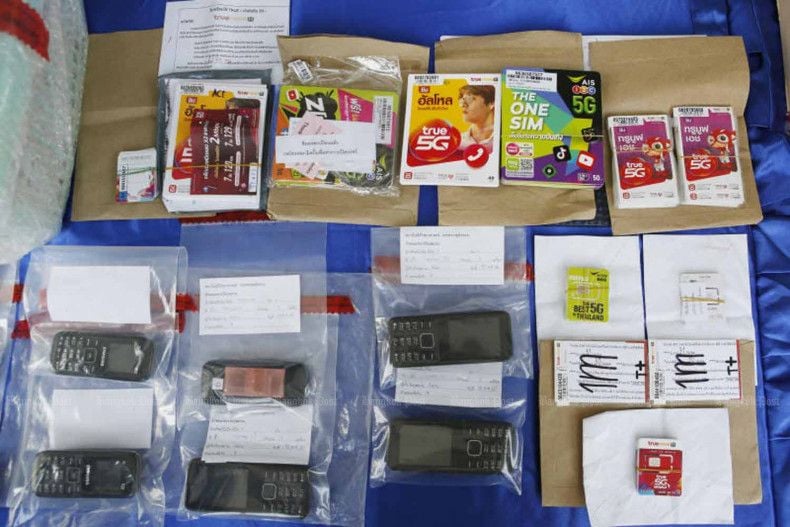New SIM rules roll out to crush cyber crooks in Thailand
NBTC deploys liveness detection nationwide to shut down scam-linked mobile number fraud

Thailand is cracking down on SIM-swap scams with strict new mobile registration rules, and you’ll need your face to prove who you are.
In a major move to curb cybercrime, the National Broadcasting and Telecommunications Commission (NBTC) has rolled out real-time facial recognition technology, known as Liveness Detection, to verify all new SIM registrations and replacements nationwide.
The change, which took effect on August 18, is aimed squarely at stopping scammers from using fake or stolen identities to hijack phone numbers, a common tactic in online fraud and financial theft.
According to Deputy Government Spokesperson Anukool Pruksanusak, the system will apply to all new prepaid and post-paid users, as well as existing customers requesting a new SIM while keeping the same number.
“The government is urgently tackling cybercrime to protect the public. These measures will reduce risks linked to phone numbers and create a safer digital society.”

The Liveness Detection system works similarly to facial ID scans used in banking apps. It blocks fraudsters from using photos, videos or even 3D masks to bypass identity checks, which is a known vulnerability in previous SIM registration processes.
Under the new rules, users must register in person or through official apps provided by mobile service operators. Valid and original documents are mandatory:
-
Thai nationals must present a national ID card
-
Foreigners must show a valid passport
-
Corporate users must provide a company certificate and ID from an authorised signatory
Mobile operators are now also legally bound to protect all personal data under NBTC rules and Thailand’s Personal Data Protection Act (PDPA), reported Bangkok Post.
The move comes amid growing public concern over identity theft and financial fraud involving SIM-swapping: a scam where criminals trick or bribe mobile providers into transferring a victim’s phone number to a new SIM card under their control.
Once they gain access, scammers can intercept one-time passwords (OTPs), hijack bank accounts, and lock users out of their digital lives.
Officials say the new system will make that far more difficult, helping to restore trust in Thailand’s increasingly digital society.
Latest Thailand News
Follow The Thaiger on Google News:


























